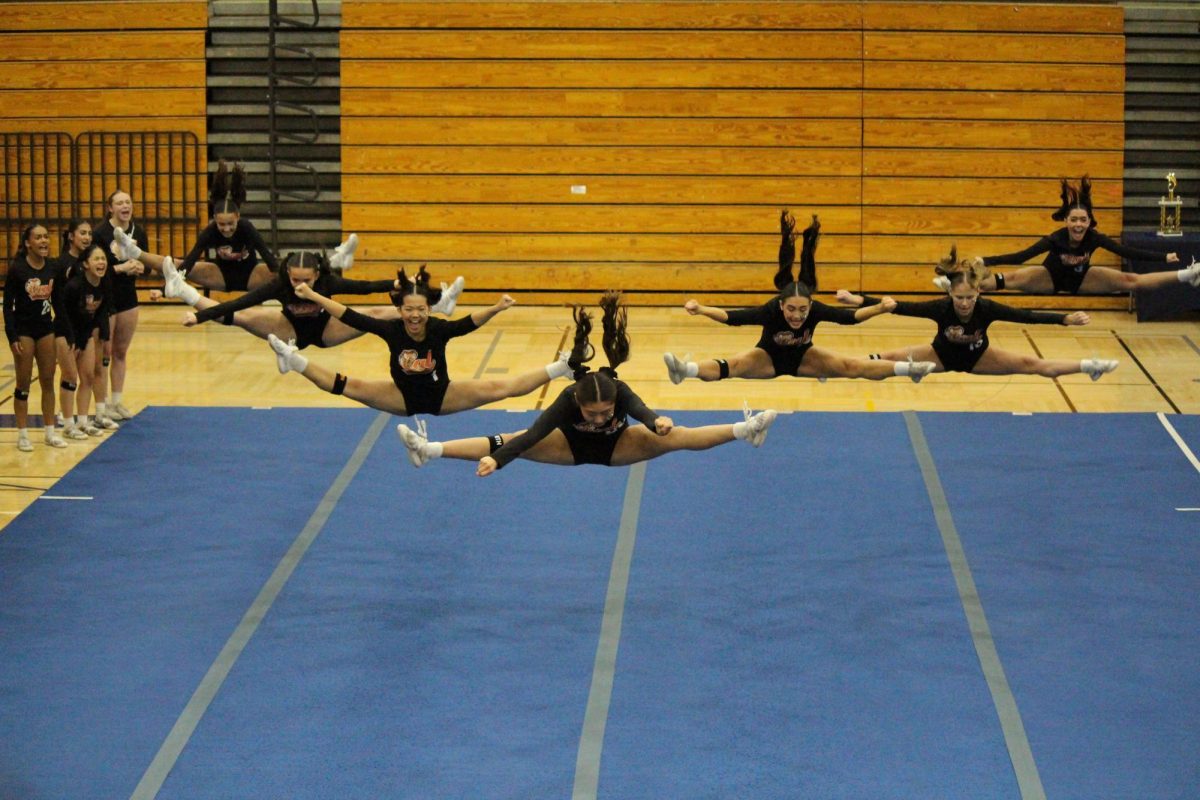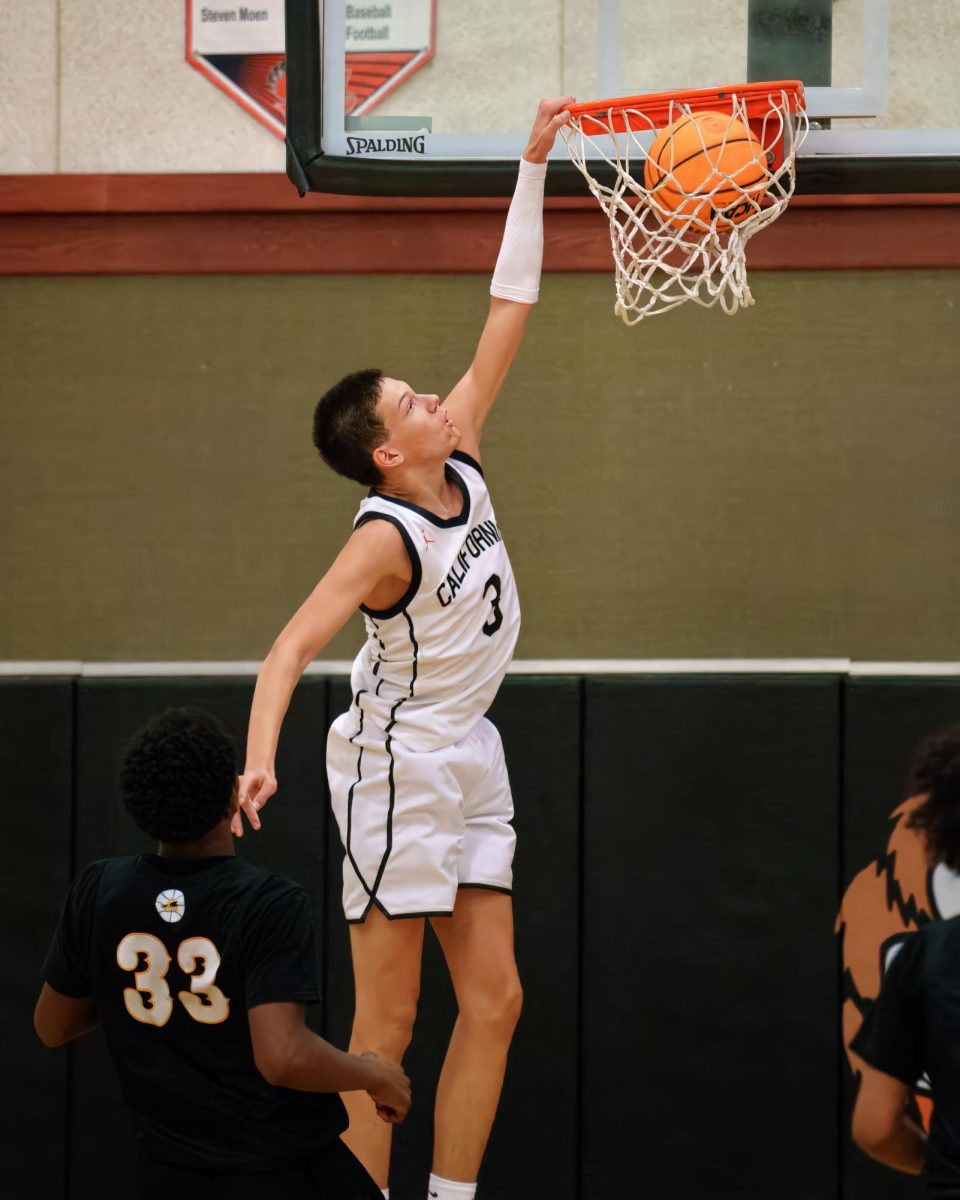by Eric Yee, Online Editor
The world of fantasy sports has reached new heights. What once started out as a fun hobby has turned into a competitive and costly pastime.
For the first year ever, Cal High has its own Fantasy Sports Club on campus, which meets every Friday at lunch in room 321. The club offers tips and friendly competition to its members.
With a simple click of the mouse, one can create one’s own free account on popular sites such as Espn.com or Yahoo Sports to join the fun.
Fantasy sports’ increasing popularity has smart phones to thank for delivering alerts about players and specific teams.
Perhaps one of the biggest factors for this ever-popular hobby is the ability to create your very own team of professional athletes. The feeling of owning your very own team makes you feel as if you are a professional general manger making millions.
This year, fantasy football skyrocketed in the number of participants. The Fantasy Sports Trade Association expected 36 million people in the U.S. and Canada to play fantasy sports in 2011, a 13 percent increase from 2010.
About 75 percent of those 36 million people were expected to to play fantasy football.
The steady rise in fantasy team owners is perfect for sports lovers. Often, daily sports shows such as ESPN’s SportsCenter include a live fantasy sports interview with a reporter discussing how to set teams for the week. This segment of sports shows will only become more popular as the years go by.
In particular, fantasy football has changed the way people plan their Sundays around football.
According to the Nielsen ratings for the week of Jan. 2, the top show of the week was the Lions-Saints game. Right behind the game in the ratings was the pre-game show for the same game.
The numerous channels showing football games on the weekends also has a positive effect on fantasy sports.
Fans can buy annual memberships to the NBA Channel or NFL Network. These specialized channels give fans access to watching multiple games at a time.
But the ultimate goal of fantasy sports is to win. In deep leagues of more than 10 owners, it is obviously harder to win, compared to a league with fewer owners.
In highly competitive leagues where hundreds of dollars are on the line, people suddenly consume their lives with checking their team every 20 minutes.
In the end, only one can win. Will it be you?




